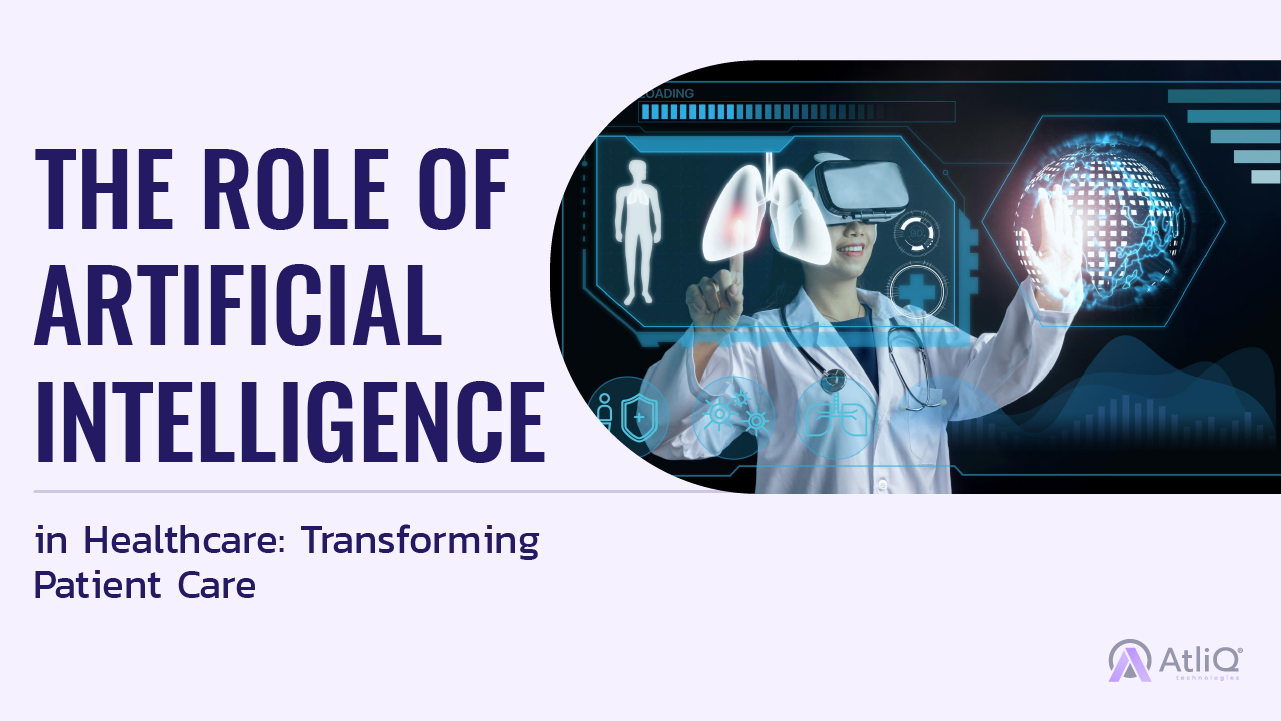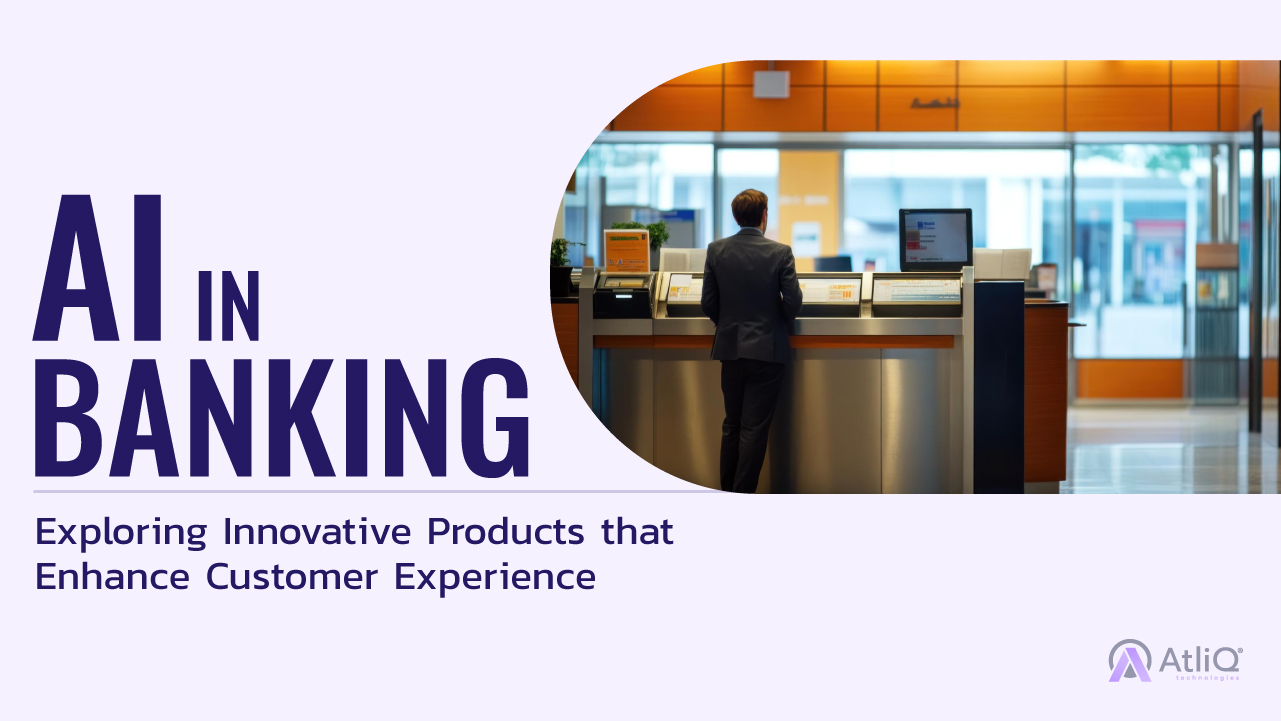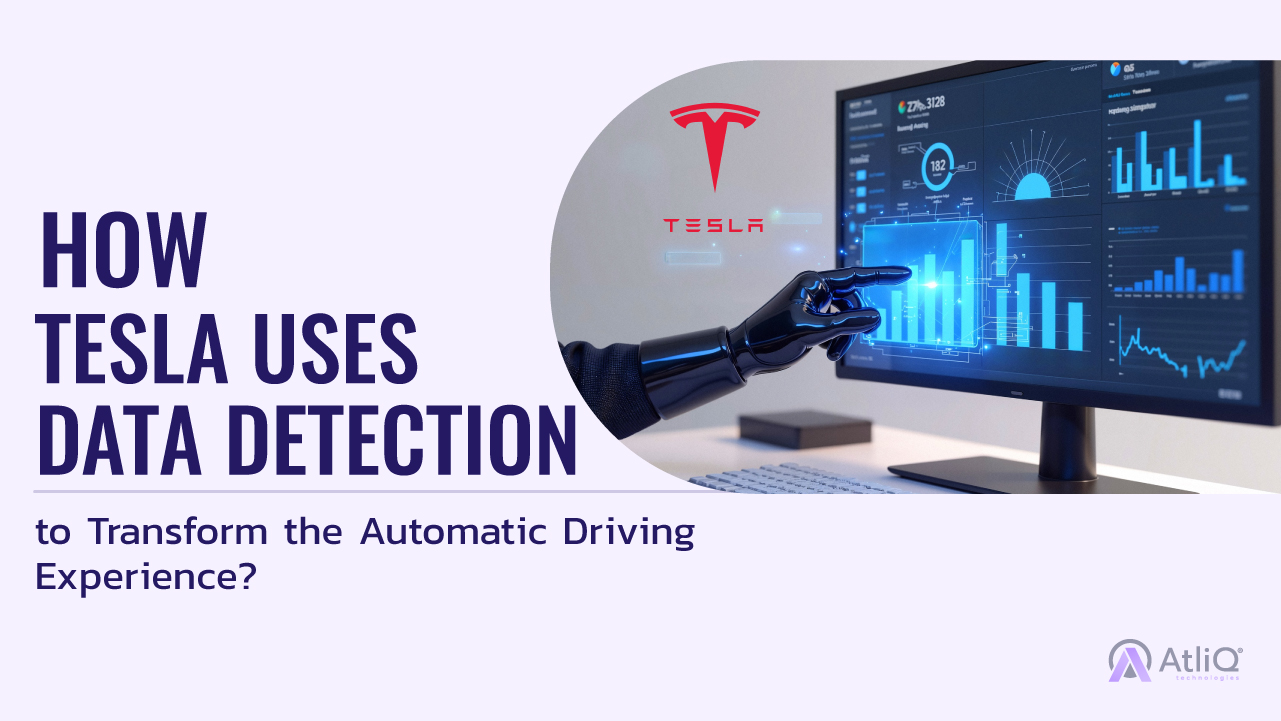
Imagine a world where a diagnosis takes seconds, treatment plans are personalized to the finest detail, and patient monitoring is continuous and seamless. This is not a futuristic dream but a burgeoning reality in today’s healthcare landscape. According to recent studies, the global AI in the healthcare market is expected to reach $45.2 billion by 2026, growing at a staggering annual rate of 44.9%. This rapid growth is a testament to the transformative power of AI automation in patient care.
AI is not just a buzzword; it is a catalyst for change, reshaping how we approach patient care. From enhancing diagnostic accuracy to personalizing treatment plans, AI automation is at the forefront of a healthcare revolution. In this blog, we’ll explore how AI is revolutionizing patient care, the benefits it brings, the challenges we face, and what the future holds for this exciting intersection of technology and medicine.
Definition of AI Automation
AI refers to the simulation of human intelligence in machines that are programmed to think and learn. In the context of healthcare, AI automation involves using these intelligent systems to perform tasks that typically require human intervention. These tasks range from data analysis and diagnostics to treatment recommendations and patient monitoring. AI in healthcare leverages machine learning, natural language processing, and robotics to enhance efficiency, accuracy, and personalized care.
Historical Context
The journey of AI in healthcare began decades ago, with early applications focusing on decision-support systems and diagnostic tools. In the 1970s and 1980s, pioneering systems like MYCIN and INTERNIST-I demonstrated the potential of artificial intelligence in medicine by assisting doctors in diagnosing infectious diseases and complex medical conditions. However, limitations in computational power and data availability hindered significant progress. It wasn’t until the advent of big data and advanced machine learning algorithms in the 21st century that the role of artificial intelligence in healthcare began to flourish.
Benefits of AI Automation in Patient Care
Improved Diagnostics
One of the most significant benefits of AI in healthcare is its ability to enhance diagnostic accuracy and speed. AI-powered imaging and diagnostic tools leverage machine learning algorithms to analyze medical images and detect abnormalities with remarkable precision. For example, AI systems can identify early signs of diseases like cancer, fractures, and neurological disorders faster than traditional methods. This improves patient outcomes and reduces the time and resources spent on diagnostic processes.

Personalized Treatment Plans
AI in patient care extends beyond diagnostics to creating personalized treatment plans. AI can develop tailored treatment strategies that optimize efficacy and minimize adverse effects by analyzing a patient’s medical history, genetic information, and lifestyle factors. This level of personalization was previously unattainable with conventional methods.

Operational Efficiency
AI automation significantly streamlines administrative tasks, reducing healthcare costs and improving operational efficiency. From scheduling and billing to managing patient records, AI systems handle routine tasks with minimal human intervention, freeing healthcare professionals to focus more on patient care.

AI Automation in Clinical Settings
AI in Surgery
The role of artificial intelligence in healthcare extends significantly into the surgical domain. Robotic surgery and AI-assisted procedures have revolutionized the operating room, offering unprecedented precision and control. Surgeons now rely on AI to perform complex surgeries with enhanced accuracy, reducing the risk of complications and improving patient outcomes.
Example: One prominent AI surgical system is the da Vinci Surgical System, which allows surgeons to perform minimally invasive procedures with robotic arms controlled by a computer. Another example is the Mazor X Stealth Edition, which combines AI and robotics for spinal surgeries, offering precise guidance and planning.
Patient Monitoring
Continuous patient monitoring and real-time data analysis are critical aspects of AI in patient care. AI technologies enable healthcare providers to monitor patients’ vital signs and health metrics around the clock, allowing for early detection of potential issues and timely interventions.
Technologies: Wearable devices such as smartwatches and fitness trackers equipped with AI can monitor heart rate, blood pressure, and other vital signs. Remote monitoring systems like BioIntelliSense’s BioSticker provide continuous, real-time health data, which is analyzed by AI to detect anomalies and alert healthcare professionals if intervention is needed. These advancements highlight the benefits of AI in healthcare, particularly in enhancing patient safety and care quality.
Telemedicine and Virtual Care
AI-driven telehealth platforms are expanding access to care, making healthcare services more accessible to remote and underserved populations. Telemedicine allows patients to consult with healthcare providers virtually, reducing the need for in-person visits and enabling timely medical advice and treatment.
Impact: The role of artificial intelligence in healthcare through telemedicine is profound, as it bridges the gap between patients and providers regardless of geographical barriers. For instance, AI-powered chatbots and virtual assistants can conduct preliminary assessments, schedule appointments, and provide medical information, ensuring patients receive the care they need promptly. This increased accessibility is particularly beneficial for those living in rural or underserved areas, ensuring that more people can benefit from high-quality healthcare services.
Challenges and Ethical Considerations
Data Privacy and Security: One of the primary concerns with AI in healthcare is ensuring patient data privacy and security. With vast amounts of sensitive information being processed, robust measures must be in place to protect against data breaches and unauthorized access. Ensuring the confidentiality and integrity of patient data is paramount to maintaining trust and compliance with regulations.
Bias and Fairness: AI algorithms can inadvertently perpetuate biases present in the data they are trained on, leading to unfair treatment outcomes. Addressing these biases is essential to ensure equitable healthcare for all patients.
Integration with Human Care: Balancing AI automation with the human touch in patient care is crucial. While AI can enhance efficiency and accuracy, the empathetic and compassionate aspects of human care are irreplaceable.
Artificial intelligence in healthcare is not just a technological advancement; it is a catalyst for transformative change. From improving diagnostic accuracy and personalizing treatment plans to enhancing operational efficiency and expanding access through telemedicine, the benefits of AI in patient care are profound and far-reaching. However, as we embrace this revolution, it is crucial to address the challenges and ethical considerations that come with it. Ensuring data privacy and security, mitigating biases, and maintaining the essential human touch in healthcare is paramount to realizing the full potential of AI.
The future of AI in healthcare is promising, with continuous advancements paving the way for even more innovative solutions. By navigating the complexities and balancing the integration of AI with human expertise, we can create a healthcare system that is more efficient, equitable, and patient-centred. As we move forward, the role of artificial intelligence in medicine will undoubtedly continue to evolve, driving us toward a future where high-quality healthcare is accessible to all. Embracing AI responsibly will enable us to unlock its full potential, ultimately transforming patient care for the better.


